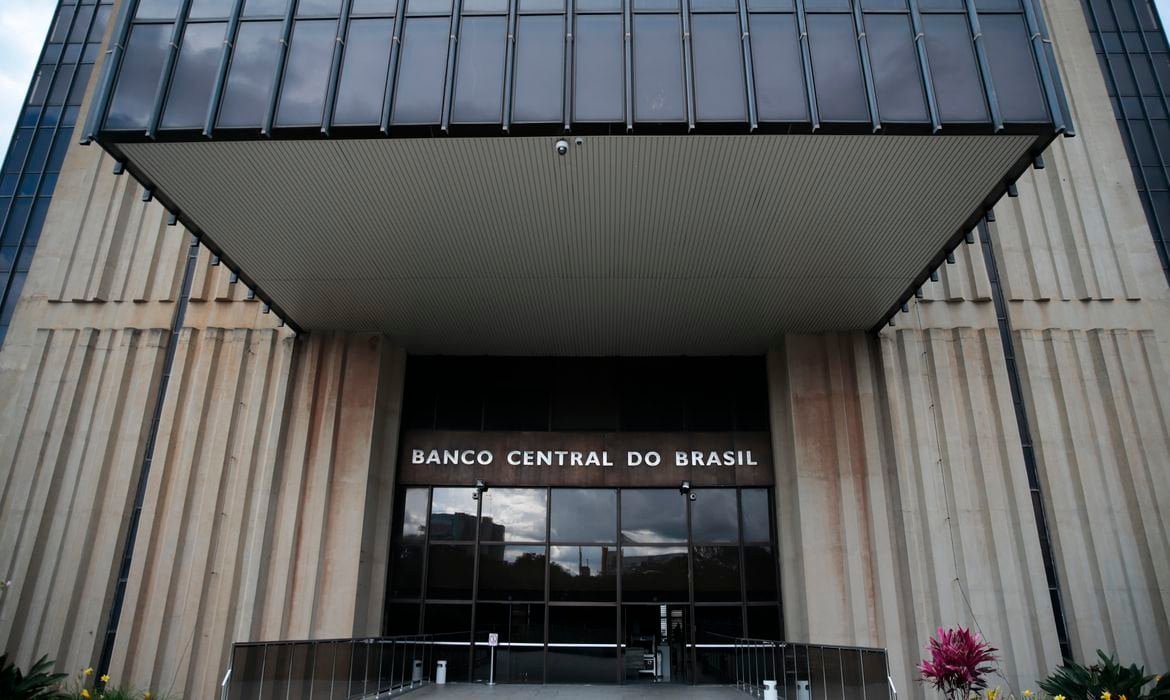Central Bank of Brazil Chooses Nine Institutions to Study Digital Real Possibilities – The Brazilian Central Bank and Fenasbac, the National Federation of Associations of Central Bank Servers, have chosen nine projects to monitor and promote their various suggestions for the use of a possible Brazilian central bank digital currency (CBDC), the digital real.
Aave, Banco Santander, and Mercado Bitcoin were among the organizations and companies whose projects were chosen to be created as examples of how a digital real could be used.
The LIFT challenge, organized by Fenasbac and the Brazilian Central Bank, has chosen nine proposals that demonstrate various ideas on how a future digital real CBDC could be incorporated into various applications.
Also Read: Brazil Takes First Step To Regulate Bitcoin
The Laboratory of Financial and Technological Innovations (LIFT) chose these nine initiatives from 47 ideas submitted by 43 organizations as the most interesting.
Companies from all around the world responded to the challenge, with bids coming in from Germany, Isreal, the United States, Portugal, Mexico, the United Kingdom, and Sweden. The central bank specified the following criteria for selecting these projects and rejecting others:
“The central bank attempted to strike a compromise between the variety of proposals brought to the laboratory and the requirement for rigorous monitoring of the selected initiatives.”
The nine projects that have been approved are very different from one another, and they all aim to incorporate digital real into various applications such as delivery versus payment solutions, payment versus payment solutions, internet of things (IoT), defi applications, and dual offline payment proposals.
Febraban, Aave, Ita Unibanco, Banco Santander Brasil, Giesecke + Devrient, Bitcoin Market, Tecban, VERT, and Visa do Brasil presented the nine concepts that were chosen. For example, Giesecke + Devrient’s approach aims to leverage the CDBC to tackle the problem of dual offline payments.
Aave, the decentralized finance protocol, also presented a project that would focus on providing loans while assuring compliance with financial system laws, using defi technologies such as liquidity pools.
Also Read: G7 Countries, EU Taking Measures to Prevent Crypto Use to Evade Sanctions
Itau’s Unibanco project will focus on using the currency to make international payments, as well as the development of a Colombian-specific app. Visa do Brasil’s application would use the token to finance SMEs through a defi application.
According to a press release, the Central Bank of Brazil intends to investigate all of these applications in order to gain a better understanding of the applications of a digital currency, with the goal of developing its own digital currency in the future.




